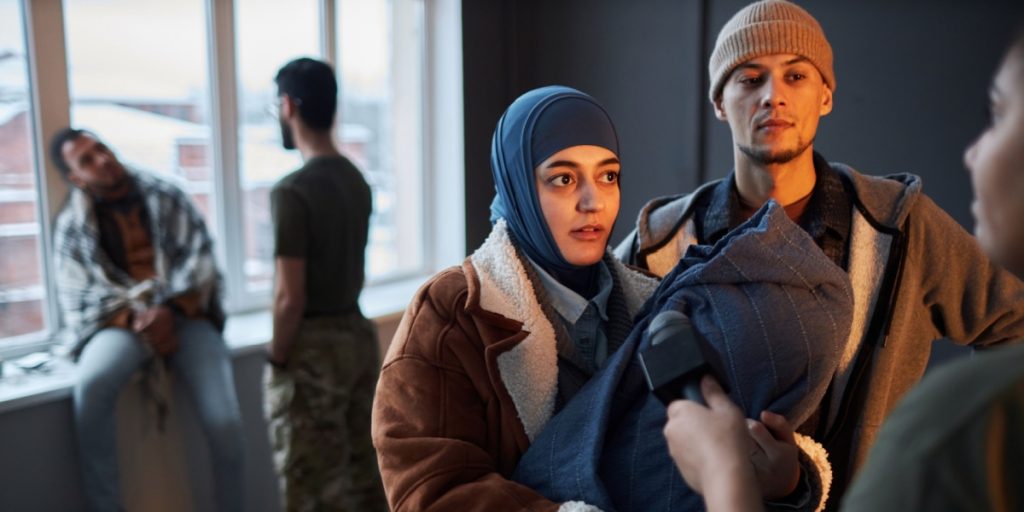Portugal tightens rules for immigrants.
Others are reading now
Portugal plans to double the number of years immigrants must live in the country before they can apply for citizenship.
The change was announced on Monday by State Minister António Leitão Amaro.
The new rules are part of a wider plan by the center-right government to tighten immigration laws.
The government is under pressure from the far-right Chega party, which did well in recent elections and has called for stricter immigration control. Although the government is in the minority, the plan is expected to pass with Chega’s support.
Also read
According to Digi24, Leitão Amaro said the longer residency period will apply to most immigrants.
But people from Portuguese-speaking countries like Brazil, Angola, or Mozambique will only need to live in Portugal for seven years to apply for citizenship.
Other Changes to the Citizenship Process
Right now, people can apply for citizenship after five years if they speak Portuguese, have not been sentenced to more than three years in prison, and do not pose a threat to public safety.
Under the new rules, applicants will also need to:
- Show they know Portuguese culture
- Prove they understand the rights and duties of being a citizen
- Declare support for democratic values
- Show they have not served any prison time
The government will also tighten the rules for family reunification and may cancel citizenship in cases of serious crime.
A Growing Immigrant Population
Portugal has seen a big increase in immigration in recent years.
At the end of 2024, over 1.5 million foreign nationals were living legally in the country. Brazilians are the largest group, with more than 450,000 people.
In 2023, 141,300 people were granted citizenship—20% fewer than in 2022. The government also said in January that more than 400,000 applications were still being processed.
Leitão Amaro said these changes are part of the government’s effort to better manage immigration and protect national values.


